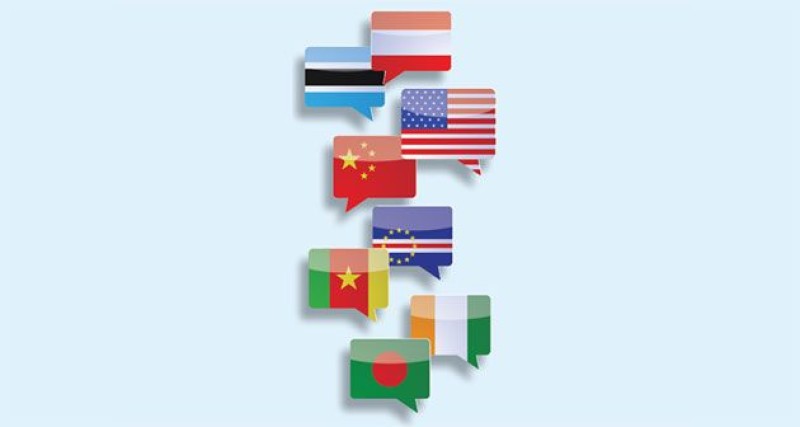I do a lot of international travel for business, sometimes leaving the country 20 or 25 times in a single year, and I'm often asked my opinion about how customer experience varies from place to place.
It's important to remember that customers the world over have similar basic motives. They want some problem solved, or some need met, or some desire satisfied. That's why they become customers in the first place—to meet a need. It might be they need something practical or utilitarian, like food or transportation, or it might be a desire for the status and recognition that comes with wearing a recognizable brand of clothing, or shoes, or jewelry.
However, different countries and cultures also have different historical traditions and customs that might affect how business is done and how customers are treated, or how they expect to be treated.
At the risk of appearing politically incorrect, let me give you just two quick examples of cultural differences I've encountered personally:
Germany has a very tight-knit sense of community that tends to ensure a kind of orderliness and conformity. Only foreigners cross the street against the light in Germany. During one of my very first presentations in that country on "one to one marketing," almost 20 years ago, a member of the audience rose to object that this idea would never work in Germany, "because we're all Germans here." From his perspective, it didn't make any sense at all to treat different customers differently, and almost all his colleagues agreed with him.
In Japan, on the other hand, relationships are key to everything, and they will even trump the very idea of business competition. When I do a workshop in Japan and ask the audience for suggestions on how a particular business might secure a competitive advantage over a similar business (looking for ideas about building stronger customer relationships), one of the first suggestions I almost always receive is "you should buy him." Buying your competitor and joining forces with him is the first idea that comes to mind in this highly cooperative culture, but I rarely have that suggestion put to me in other cultures.
There is a rich diversity of perspectives among all our different human cultures, and I've actually encountered many more than the two examples I highlighted above. Neither of these points of view is "wrong," just because it differs from what occurs in other cultures. Each has merit and is useful for business decision-making within the culture it represents.
One of the downsides of technology and globalization is that diverse cultures around the world are being rapidly homogenized. Some anthropologists estimate that of the more than 7,000 languages spoken on the planet today, 90 percent will be virtually extinct within 50 years. As inevitable as this is, it still represents a terrible loss.
But customers the world over will want what they will want. They are why companies are in business. And successful businesses will find the best way to deliver experiences that customers want, based on cultural and other attributes. — Don Peppers















